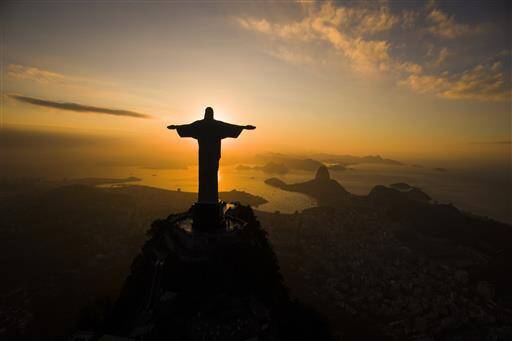Amid Brazil’s financial and political turmoil, officials in Rio de Janeiro are scrambling to prepare for an influx of up to 500,000 tourists for the 2016 Olympic Games. Still on the to-do list: address fears about the Zika virus, finish construction on a subway line to the stadiums and crack down on the crime and human-trafficking rings that plague the city. On July 10, Rio police announced they had rescued eight minors forced to work as prostitutes at beaches near the main Olympic venues.
The connection between human trafficking and major sporting events is often overstated, or at least misunderstood. Displacement and economic exclusion remain the primary drivers behind sexual exploitation of children and vulnerable people. While the Olympics can exacerbate these problems—at least 4,120 families have reportedly been evicted from their homes because of the Games—the structural forces driving the sex trade predate the added scrutiny and well-meaning advocacy that accompany an international event. According to Unicef, there were about half a million child sex workers in Brazil in 2012.
The temporary pressure to “clean up” the city for its moment in the global spotlight may in fact lead to further victimization. In the name of tightening security, police have forced homeless people into unsafe shelters and conducted “pacification operations” infavelas that advocacy groups say have resulted in human rights abuses. Long after the silvers and golds have been tallied, winners and losers of the host country’s Olympic gamble will remain. If these issues matter to the international community gathered to watch the Games, then they deserve sustained commitments, not just timely handwringing.








